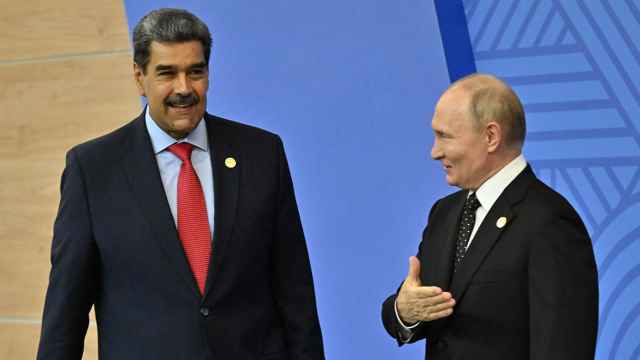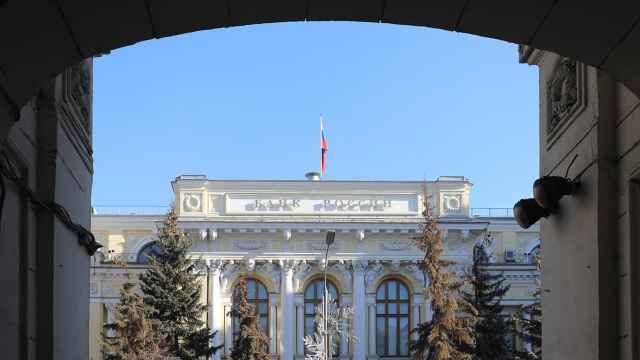
PhD
Senior Associate in Real Estate and Construction Practice
Head of Environmental Group
Pepeliaev Group
The Civil Code was initially developed in the early 1990s, but the new draft that appeared at the beginning of 2012 has been widely debated since then. After lengthy discussions, the draft was approved by the State Duma in the first reading, but as the process goes forward, the reaction is becoming ever more heated. Thus, endless disputes and controversies are continually arising. The next (second) hearing was postponed four times and will hopefully take place on Dec. 14, 2012.
The draft law covers civil law regulation as it currently stands across the board (corporate, real estate, contract law, tort law, IP rights, private international law, inheritance law, and so on).
What will be of the most interest to property developers is undoubtedly the new rules related to land and real estate rights, which, as expressed in the draft law prepared for the second Duma hearing, are as follows:
A new approach to entering into transactions with real estate and registering title:
the principle of reliability of the public register: this aims to protect third parties who rely on the information from the public register (provided that no entity may benefit from this protection if it knows (or should have known) that the register was inaccurate;
the state registration authority being liable for any inaccuracy in state registration (as long as the registration authority is found to be at fault), which necessarily leads to additional responsibilities of the registration authorities to consider the legal side of each transaction being subject to state registration (including their potential invalidity);
a public notary must be involved: (i) to notarize the transaction; and (ii) file the notarized transaction documents for registration.
Thus, the amendments are aimed at protecting the rights of parties to a transaction that involves rights to real estate, with the latter being in effect verified twice (by the notary and by the state registration authority).
There should be unity of the land and the buildings located on it: it is acknowledged that the buildings located on a single land plot are to be considered as the constitutive parts of such land plot and together are to be regarded as a single piece of real estate. As a general principle, the new code envisages that title to land will take priority over the title to buildings and structures located on it.
Systematizing existing property rights to real estate and introducing new rights to real property: most of the changes are dedicated to introducing a wide range of what are termed limited property rights (i.e. rights giving a limited scope of power in relation to the property in question as compared to scope of the owner s powers). These include, inter alia: the right of permanent enjoyment of the land plot (mostly, of an agricultural nature) on condition that the rightholder takes care of the estate and pays rent (known as emphyteusis), the right of enjoyment, enabling a holder to derive profit or benefit from property that either is owned by another person or which is held in common ownership, as long as the property is not damaged or destroyed (known as usufruct), etc (Most of these may be currently found in the European legal systems, and derive from Roman law concepts).
One of the most contentious property rights suggested by the draft law is the superficies, which is the right to possess and use a land plot owned by a third party to develop a building that such tenant will then own.
The concept suggests that the land plot is granted for a limited term (50 to 100 years) and when that term expires, ownership of the building will revert to the landlord.
It is proposed that superficies will replace lease agreements for land plots granted for the purposes of construction (the current market practice): The draft law suggests that once the amendments are in effect, it will no longer be possible to enter into land lease agreements (granted from the state or municipal property) for the purposes of construction (with the ownership title to the relevant building/construction to belong to any entity other than the owner of the land plot).
As for lease agreements of state/municipal land that are already in place as of the date the amendments become effective, the proposal is for tenants to enjoy the lease until it expires. They will then be required either to convert their rights to the land to superficies or to buy out the ownership title to the land from the state. Those tenants failing to choose either of these options will be granted superficies for a 50-year term.
Importantly, the above changes are only a very small part of the proposed changes to the Russian civil law system. These may indeed, probably will again change the market s practical approaches that have evolved over the years.
Although the above-mentioned changes are arguably a major step in the right direction in developing the Russian legal system, such a revolutionary approach may in fact herald significant instability. The new draft is therefore unlikely to achieve its aim of attracting foreign investors to the Russian market.
A Message from The Moscow Times:
Dear readers,
We are facing unprecedented challenges. Russia's Prosecutor General's Office has designated The Moscow Times as an "undesirable" organization, criminalizing our work and putting our staff at risk of prosecution. This follows our earlier unjust labeling as a "foreign agent."
These actions are direct attempts to silence independent journalism in Russia. The authorities claim our work "discredits the decisions of the Russian leadership." We see things differently: we strive to provide accurate, unbiased reporting on Russia.
We, the journalists of The Moscow Times, refuse to be silenced. But to continue our work, we need your help.
Your support, no matter how small, makes a world of difference. If you can, please support us monthly starting from just $2. It's quick to set up, and every contribution makes a significant impact.
By supporting The Moscow Times, you're defending open, independent journalism in the face of repression. Thank you for standing with us.
Remind me later.





